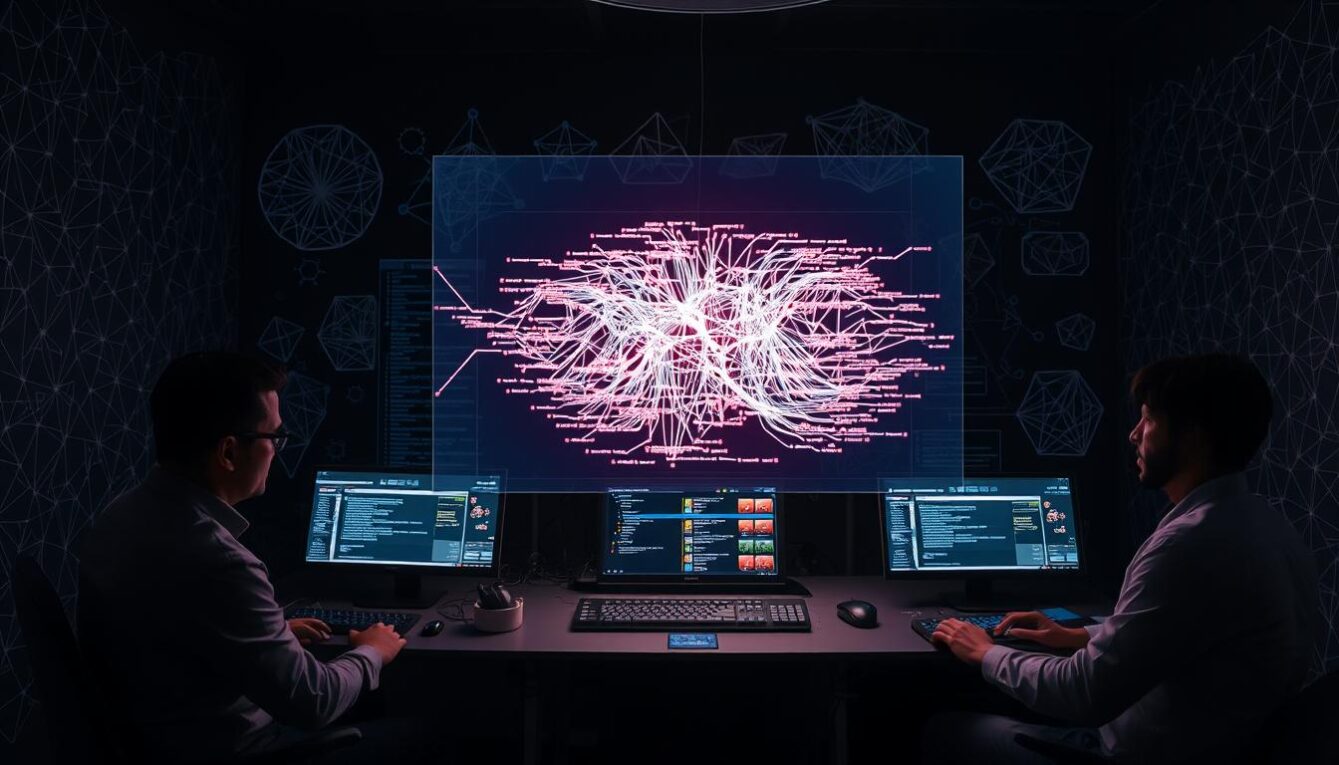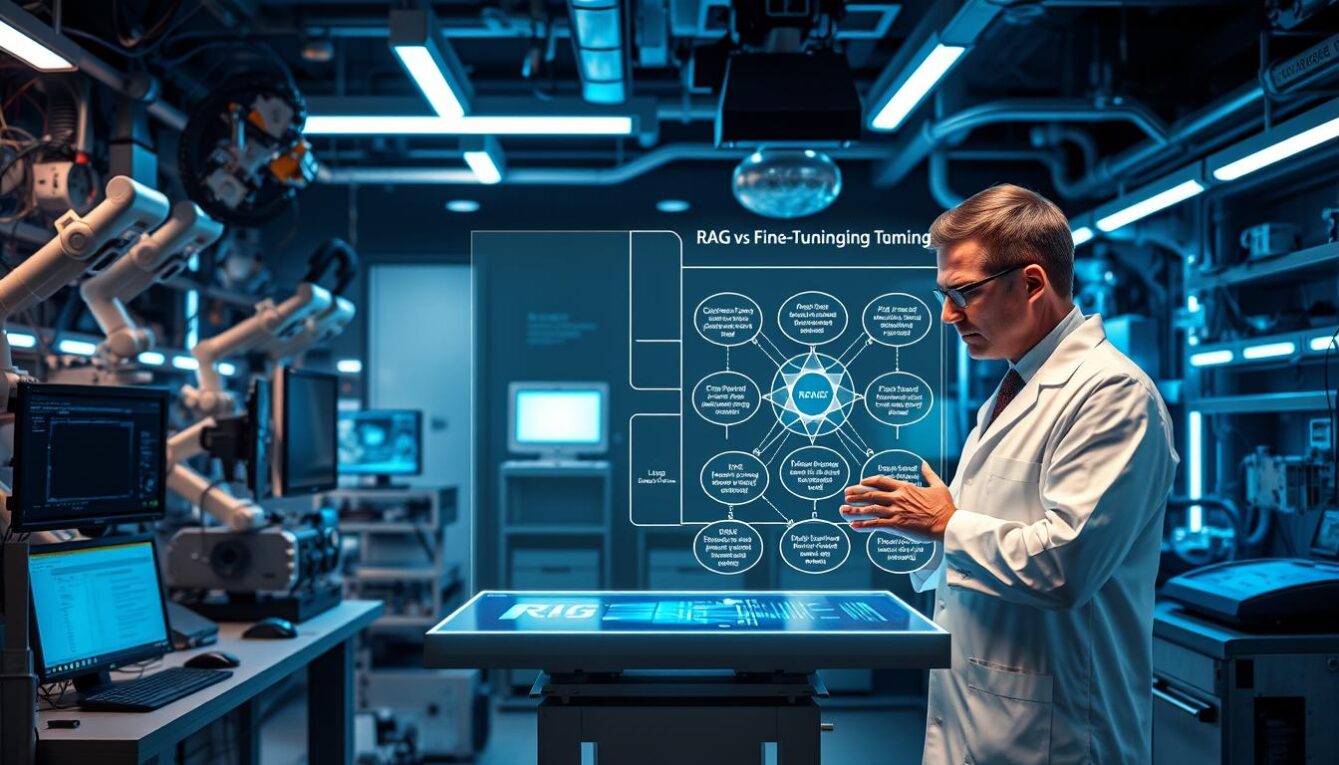Have you ever wished for a personal assistant to help you with your daily tasks? Well, with the rise of conversational AI, that wish could soon become a reality. One of the most promising conversational AI platforms out there is ChatGPT, which has the potential to revolutionize the way we communicate with technology. In this article, we’ll explore how ChatGPT is leading the charge toward a future where chatbots are an integral part of our lives.
ChatGPT: The Future of Conversational AI
ChatGPT is an AI-powered conversational platform that uses language models to understand and respond to human language. Developed by OpenAI, a leading research institute in AI, ChatGPT has quickly become one of the most sophisticated language models in the market. It uses machine learning to learn from vast amounts of data, allowing it to generate more human-like and contextually relevant responses. ChatGPT gets more intelligent and capable of handling complex tasks with every conversation.
What sets ChatGPT apart is its ability to generate human-like responses, which is a significant step forward in conversational AI. Its responses are nuanced and contextual, meaning it can understand the intent behind a user’s message and provide a relevant response. This is particularly important for businesses that want to provide a more personalized experience to their customers. ChatGPT can be integrated into various applications, such as customer support chatbots, virtual assistants, and messaging services.
Revolutionizing Communication with AI Chatbots
ChatGPT is at the forefront of the conversational AI revolution, transforming how we communicate with machines. Chatbots are becoming increasingly popular and for a good reason. They are cost-effective, available 24/7, and can instantly respond to customer queries. As Chatbots become more sophisticated, they can handle more complex tasks, freeing human agents to focus on more critical issues.
Moreover, chatbots like ChatGPT can be a game-changer for businesses looking to improve their customer experience. Businesses can increase customer satisfaction and loyalty by providing personalized and contextual responses. Furthermore, Chatbots can also help streamline business processes, such as handling customer support requests, scheduling appointments, and processing orders. With ChatGPT, the future of conversational AI looks bright.
Conclusion
To sum up, ChatGPT is a genuinely fascinating platform representing conversational AI’s future. ChatGPT’s remarkable ability to generate human-like responses is what sets it apart from other language models. This is a significant step forward in natural language processing, enabling machines to understand and respond to human language more accurately than ever before. As a result, ChatGPT has the potential to transform the way we communicate with machines and make interactions more seamless and natural.










